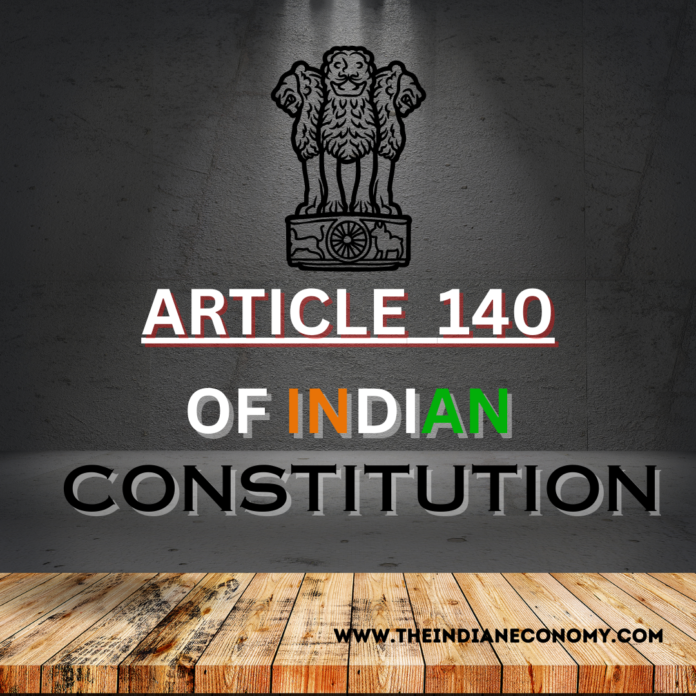Article 140 of the Indian Constitution vests the Supreme Court with ancillary powers that complement its role as the apex judicial body in the country. These ancillary powers are essential for the effective exercise of the Supreme Court’s core functions, ensuring the administration of justice, upholding the rule of law, and safeguarding the Constitution.
What does Article 140 states ?
Ancillary powers of Supreme Court
- Parliament may by law make provision for conferring upon the Supreme Court such supplemental powers not inconsistent with any of the provisions of this Constitution as may appear to be necessary or desirable for the purpose of enabling the Court more effectively to exercise the jurisdiction conferred upon it by or under this Constitution
What Are Ancillary Powers?
The term “ancillary powers” refers to the implied or inherent powers that institutions possess to support and execute their primary functions effectively. In the context of the Supreme Court of India, these ancillary powers are not explicitly enumerated in the Constitution but are understood to be essential for the court to carry out its mandated roles efficiently.
Key aspects of Ancillary Powers of SC
1. Rule-Making Authority: Article 140 of the Indian Constitution grants the Supreme Court the authority to make rules regarding the allocation of business and the conduct of proceedings. This enables the court to manage its internal affairs, establish procedural guidelines, and ensure the smooth functioning of its judicial processes.
2. Procedural Management: Ancillary powers allow the Supreme Court to establish rules for the orderly conduct of cases, ranging from filing petitions to scheduling hearings, presenting arguments, and delivering judgments. These rules help streamline the court’s operations, ensuring fairness, consistency, and efficiency.
3. Judicial Administration: Ancillary powers enable the Supreme Court to administer its judicial system, including the appointment and transfer of judges, assignment of cases to various benches, and management of workload to prevent undue delay in the delivery of justice.
4. Contempt of Court: While the power to punish for contempt of court is explicitly mentioned in Article 129 of the Constitution, it serves as an example of an ancillary power. This power allows the Supreme Court to maintain its authority and integrity by penalizing actions that obstruct or undermine the court’s proceedings.
5. Inherent Powers: The Supreme Court’s inherent powers, although not explicitly mentioned in the Constitution, are considered ancillary in nature. These powers enable the court to take necessary actions to prevent abuse of the judicial process, secure justice, and preserve its dignity.
